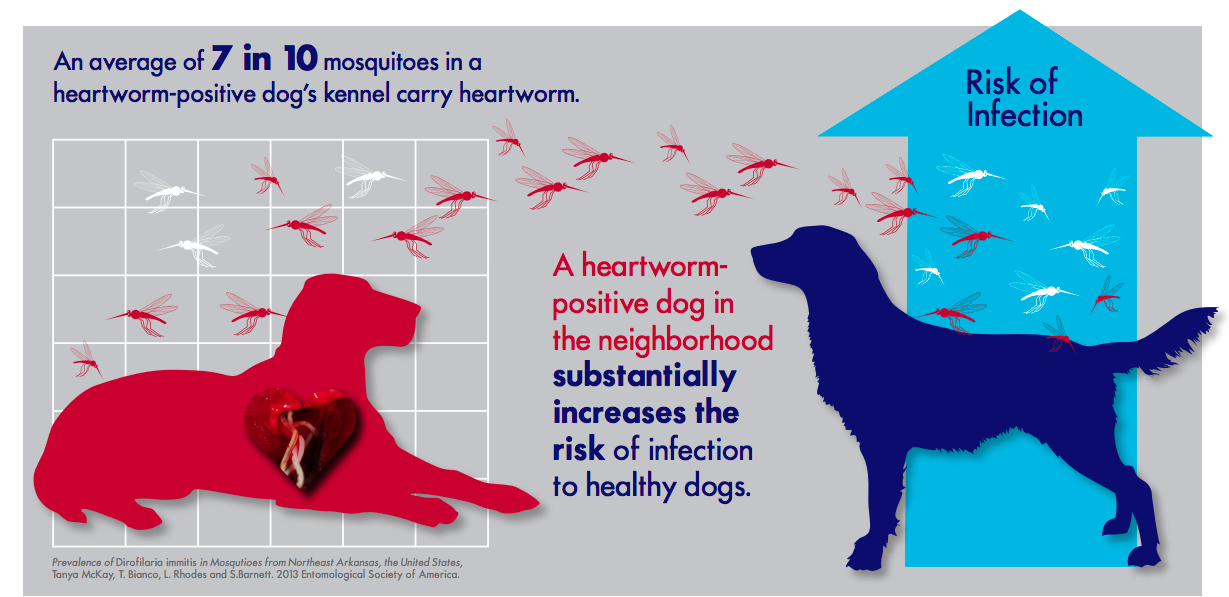Canines in childcare get lots of exercise, socializing with various other pet dogs and distinct experiences. This can be particularly handy for pups and canines with behavioral concerns.
There are a number of lawful factors to consider you require to consider when starting a doggy day care organization. These consist of the framework of your business and compliance with government policies.
1. Dog Distemper
Canine distemper is spread with direct contact with the physical liquids and waste of a contaminated pet dog, yet it can additionally be sent using common water and food bowls or via air-borne beads. This highly contagious illness is most harmful for young puppies, however it can affect canines of any type of age and is deadly for a lot of if left unattended.
First signs and symptoms of canine distemper often mimic a common cold, including runny eyes and nose with watery or pus-like discharge. As the disease progresses, a dog will develop fever, coughing, reduced appetite, vomiting and diarrhea. The virus can additionally strike the nerves, causing seizures, shivering and partial or full paralysis.
Reputable daycares reduce direct exposure to infection by calling for inoculations, regular health examinations and comply with stringent hygiene protocols. If your pup seems overly tired or hopping, a day off might assist him recuperate, however you ought to prevent taking him back to daycare until these signs and symptoms clear.
2. Kennel Coughing
Kennel coughing, likewise referred to as infectious canine tracheobronchitis or Bordetella, is a highly contagious viral or microbial condition that impacts the breathing tract. It's commonly moved via the exchange of saliva or air beads that an ill canine exhales. Social dogs go to greater danger for infection due to their frequent communication with each other, such as when they play, share food or water, sniff one another or simply fulfill in a jampacked atmosphere like a canine park or daycare.
One of the most typical symptom of kennel coughing is a relentless and powerful cough that sounds like something embeded the throat or retching. Commonly, canines will divulge foamy white phlegm. If left without treatment, a canine can develop pneumonia and go to severe danger for life.
A reliable childcare center ought to have strict cleansing and cleanliness protocols, disinfect all toys, food and water bowls routinely, and be open concerning their inoculation policies. Keeping your pet dog up to day on their inoculations, particularly for bordetella and canine influenza, will considerably decrease their chances of getting the disease.
3. Parvovirus
Canine parvovirus, or parvo, is a highly transmittable viral disease that can be deadly for pups and young adult pets with bad immune systems. It's most generally spread by straight contact with polluted dog feces-- which can take place when canines smell, lick, or taste infected feces-- and indirectly from polluted people, things, or environments (like kennels, brushing spaces and grass). Young puppies and dogs without full vaccination backgrounds are particularly at risk to parvo.
The virus is extremely durable, surviving in the setting for up to 9 years, and can quickly be moved between pets by get in touch with via feces or on shoes, apparel, and bed linen infected with parvovirus. If not dealt with right away with IV liquids, electrolyte balance, throwing up control medications and anti-biotics to prevent second bacterial infections, a pet dog will rapidly dry out and develop serious looseness of the bowels, which causes shock and blood poisoning. Parvo is challenging to heal once a pet dog has ended up being ill, but with proper vet care, lots of puppies do endure this illness.
4. Dog Flu
Canine flu virus is extremely transmittable and spreads through straight call, sharing food and water bowls, licking or nuzzling other pet dogs, through airborne beads, and through polluted surface areas. Vaccination works in reducing the danger of infection and episodes.
Most impacted pets develop a moderate respiratory system infection with a cough that lasts 1-3 weeks. They might additionally have nasal and ocular discharge, sneezing, and sleepiness. Several of the most severe instances result in pneumonia and a high fever.
If your pet dog shows any of these signs, do not bring them back to childcare until they are healthy. If your pet dog is revealing signs of extreme exhaustion or hopping, talk to your vet as soon as possible and make sure they are on health supplements to aid build their immunity. A vet will certainly review your dog dog.boarding near me for signs of the influenza by taking an example from the nose or throat, and blood examinations can be done to confirm.
